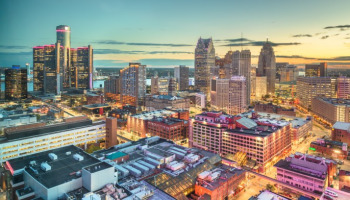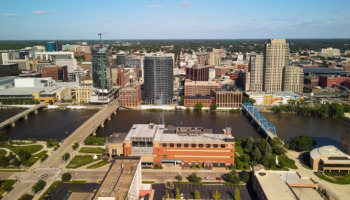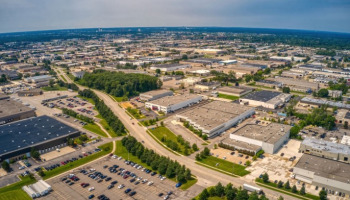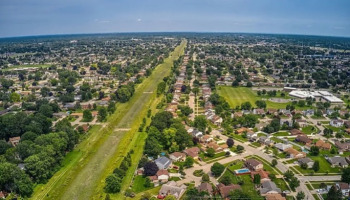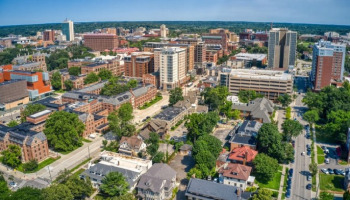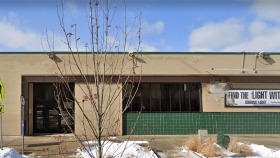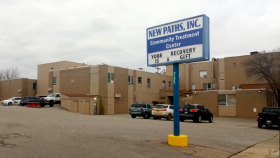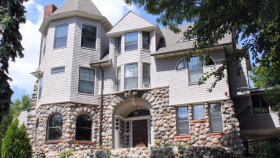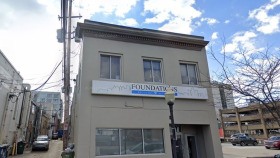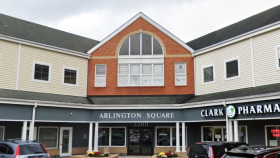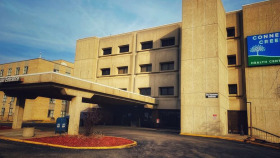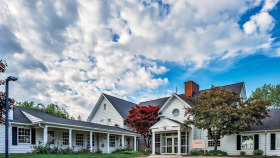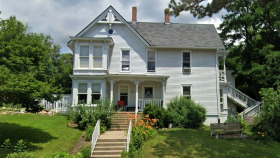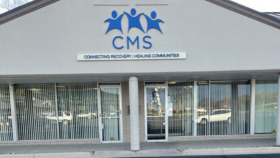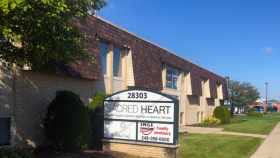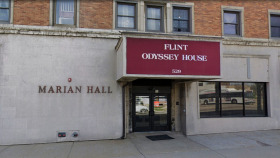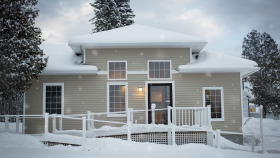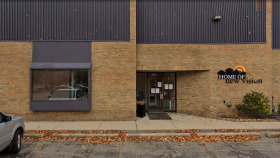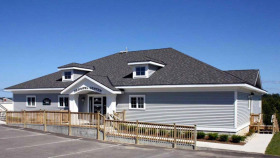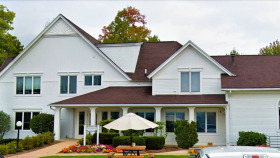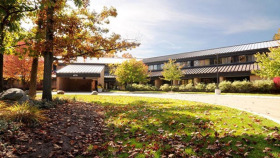Expert Insights
Across the Great Lakes State, more than 3,000 people died of drug overdose in 2021. And yet, Michigan residents who are struggling with substance abuse are also struggling to get help. In rural areas, the average wait-time for treatment is more than 10 days. When life is on the line, that’s far too long to wait for help. Clearly, Michigan needs more resources in these areas if we want to see substance abuse and overdose rates decline and recovery rates increase.
~ Kerry Nenn
How Much Does Drug Rehab Cost in Michigan?
Michigan is ranked 13th nationwide in terms of addiction treatment affordability, with an average cost of drug and alcohol rehab of $56,508 (without insurance).
- Medical detox is the most expensive, with an average cost of $139,313
- Long-term inpatient drug rehab in Michigan costs an average of $49,865
- Outpatient addiction treatment in Michigan costs an average of $8,286
- Outpatient methadone treatment is the most affordable, with an average cost of $7,362
However, these prices can vary dramatically according to setting, treatment type, length of the program, features (like luxury), and more.
How to Pay for Drug Rehab in Michigan
As of 2024, there were over 490 drug rehab facilities across the state of Michigan. These facilities accept several payment methods. Of those treatment facilities, the following numbers reflect how many accept their respective payment methods:
Private Pay + Insurance
You have options to pay for treatment in Michigan. Many of the programs will accept health insurance and some will allow you to self pay. Each insurance is different in regard to what specific type of rehab that it will cover. It is important to talk with your insurance provider to understand in and out of network benefits and coverage.
Here are some of the following major private insurance carriers in Michigan:
- AmBetter
- HAP
- Blue Cross Blue Shield of Michigan
- Molina Healthcare Inc
Medicaid and Medicare
Medicaid is accepted at many drug rehab centers in Michigan, but it is important to keep in mind that in some cases you may have to pay a small copay when using this type of insurance. Medicare covers substance use treatment under Original Medicare Parts A (hospital insurance) and B (medical insurance) or under a Medicare Advantage Plan, which provides the same benefits as Original Medicare. Treatment must be deemed medically necessary according to accepted standards of medicine to diagnose or treat your condition.
Military Insurance
If you are a Veteran, or have military insurance such as Tricare, substance use treatment can be covered. Tricare covers a variety of services such as inpatient care, medication assisted treatment, outpatient services, partial hospitalization programs, and residential care. Each Veterans Administration in the state of Michigan has their own resources to ensure you get the help you need. Contact them for further assistance regarding their specific modalities and programs to start the process of getting admitted for treatment.
Tribal Funding Programs
The purpose of SAMHSA’s Tribal Opioid Response Grant (TOR) is to address the opioid crisis in tribal communities. This has helped with the lack of access to treatment and has increased the access to culturally appropriate and evidence-based treatment. This can include prevention methods as well such as the Red Cliff Wellness School Curriculum and PAX Good Behavior Game. This funding also implements cultural practices such as storytelling, equine therapy, and wilderness adventures.
Other low-cost options
Each rehab is different and other low-cost options can vary between each one. Some programs may offer financial aid such as scholarships to help pay for treatment. Others may offer a sliding payment scale based on income. It is important to talk with your provider to see what options they offer when it comes to paying for or accessing treatment.
Free Rehabs in Michigan
In Michigan, there are rehab facilities that use state or federally awarded grant money to help uninsured or individuals with a low socio-economic status pay for substance use treatment. You might be the recipient of the grant, or the program you enter will be. The funding often comes from the Substance Abuse and Mental Health Services Administration (SAMHSA).
For free rehabs in Michigan, there is a chance that you might be on a waitlist before being able to receive treatment. You can use the SAMHSA’s Directory of Single State Agencies for Substance Use Services website, or other rehab directories to find local resources that will connect you to finding affordable rehab options in the state of Michigan
Free Addiction Treatment Resources in Michigan
- Bear River Health – Boyne Falls, MI: They offer detox, inpatient residential treatment, outpatient rehab, partial hospitalization programs, medication assisted treatment, sober living, and comprehensive aftercare. Their program is separated by gender. Over a 30-day period, you will work with a therapist, attend group therapy, and learn from the core program of 12 main lessons. You will also learn relapse-prevention strategies, money management, nutrition and exercise tips. Prior to discharge, you will go through a comprehensive aftercare plan which includes attending the alumni program.
- Central City Integrated Health – Detroit, MI: This program provides detox, psychiatric evaluations, medication management, outpatient programs, peer services, case management, housing, medical care, and comprehensive aftercare. They are a non-profit community agency. They work with marginalized individuals and those experiencing homelessness. They offer Assertive Community Treatment, individual and group counseling, and medication assisted treatment.
- Dawn Farm Spera Recovery Center – Ann Arbor, MI: The center offers long-term residential addiction treatment, outpatient programs, sober living, diversion programs, and comprehensive aftercare. They are located on a private, 64-acre farm. They offer 3-4 months of support to ensure sobriety has been achieved before transitioning to the outpatient program for an additional six months. The last step of treatment is a transition to recovery housing, where participants live for six months to two years.
- Guiding Light Mission – Grand Rapids, MI: This program is faith based and for adult men. They offer long-term inpatient rehab, counseling, mentoring, faith-based services, sober living, and aftercare. The intensive program’s duration is four to six months and combines life coaching, therapy, spiritual direction, support groups, family counseling, community development, and skills workshops to equip men with the tools to sustain their recovery.
- Salvation Army Harbor Light – Clinton Township, MI: This a faith-based program for men and women. They offer detox, inpatient drug rehab, outpatient programs, and aftercare support. Their recovery program includes individual counseling, psychoeducation, case management, group therapy, spiritual direction, Christian worship, skill development, work readiness and job support, and ongoing support referrals. Anyone is welcome to apply.
How Many People Have Substance Use Problems in Michigan?
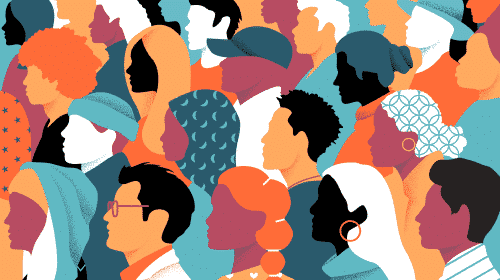
In 2019, over 1.3 million people aged 12 and older had used an illicit drug in Michigan.1

Of those 1.3 million, 615,000 people needed alcohol and or drug rehab, totaling 7.3% of the state’s population.1
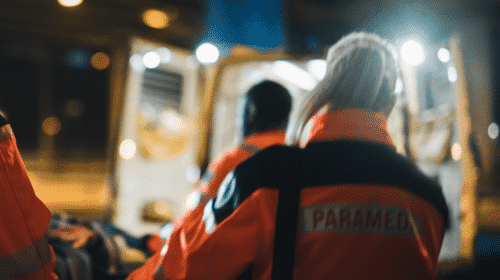
Michigan recorded more drug overdose deaths than ever in 2021, with a total of 3,040 lives lost.2

In 2021, those who wanted addiction treatment in Michigan had to wait, on average, 6.5 days for intake.
In 2021, individuals in Michigan entered treatment for the following substance use disorders:2
individuals entered alcohol rehab
individuals entered rehab for heroin abuse
individuals entered rehab for opioid abuse
Drug Laws in Michigan
- Marijuana Laws in Michigan: Michigan marijuana laws treat possession of any amount as a misdemeanor, punishable by up to one year in prison and/or a fine of up to $2,000. Medical marijuana is allowed for approved patients. Patients with a valid doctor’s recommendation may possess up to 2.5 oz. of usable marijuana and may cultivate up 12 marijuana plants for personal use.
- Michigan- OWI Laws (Operating while Intoxicated)/DUI: The court criminal penalties for OWI or DUIs can include fines, jail time, or community services. There are additional administrative penalties as well that can include suspension or revocation of your license. The higher your blood alcohol content is, the more severe your penalties may be. Additionally, multiple convictions will also result in harsher sentences.
- Drug Testing Laws: Michigan is one of the small number of states that has no law addressing drug testing. This means that drug testing is not prohibited or restricted, unless it violates other legal provisions. Because Michigan law doesn’t put any limits on workplace drug testing, if you believe your drug test was illegal you will have to rely on other legal theories. It is best to contact an attorney for legal advice.
- Drug Possession Laws in New Jersey: The amount of time in incarcerated or the fine depends on the classification of the drug you are found to be in possession of. For example, for Schedule I or II drugs, you will be charged with a felony and can receive the following sentences:
- Maximum of life in prison and/or a fine not exceeding $1,000,000 if the amount is 1,000 grams or more.
- Maximum of 30 years and/or a fine not exceeding $500,000 if the amount is anywhere between 450 grams and less than 1,000 grams.
- Maximum of 20 years and/or a fine not exceeding $250,000 if the amount is anywhere between 50 grams and less than 450 grams.
- Maximum of 4 years and/or a fine not exceeding $25,000 if the amount is less than 50 grams.
Resources
- Michigan.gov. (2021). September 2021: Alcohol and Drug Addiction Recovery Month.
- FindTreatment.gov. (n.d.). FindTreatment.gov.
- Michigan Substance Use Disorder Data Repository. (2021). Treatment Episode Data Set (TEDS).
- National Center for Drug Abuse Statistics. (2022). Average Cost of Drug Rehab [2022]: by Type, State & More.
- Medicaid. (2022). Parity.
- Center for Medicare Advocacy. (2022). Medicare Coverage of Mental Health and Substance Abuse Services.
- Naloxone – patients. (n.d.). U-M Injury Center. Retrieved November 15, 2022, from https://injurycenter.umich.edu/opioid-overdose/michigan-safer-opioid-prescribing-toolkit/management-strategies-for-chronic-opioid-use-opioid-use-disorders/naloxone/patients/
- Impaired driving law. (n.d.). Michigan State Police. Retrieved November 1, 2022, from https://www.michigan.gov/msp/divisions/ohsp/safety-programs/impaired-driving/impaired-driving-law


